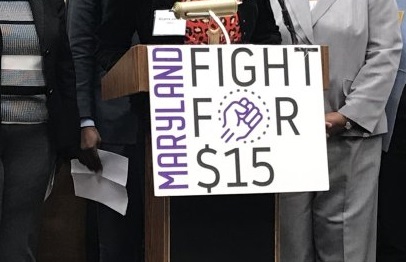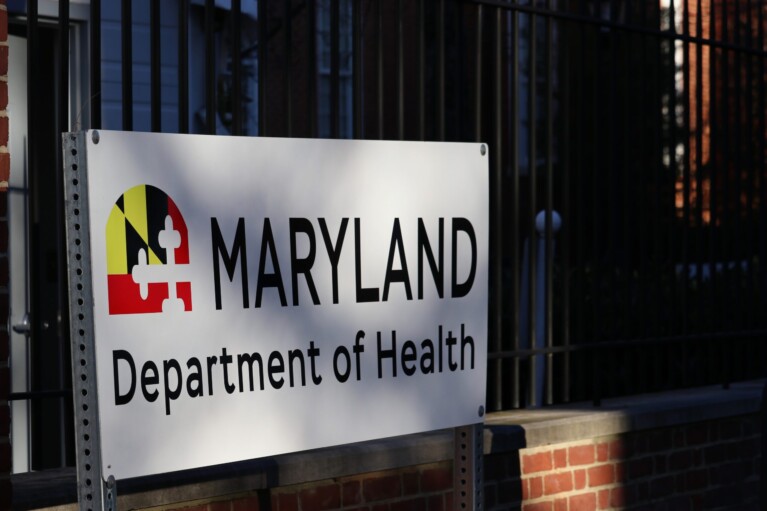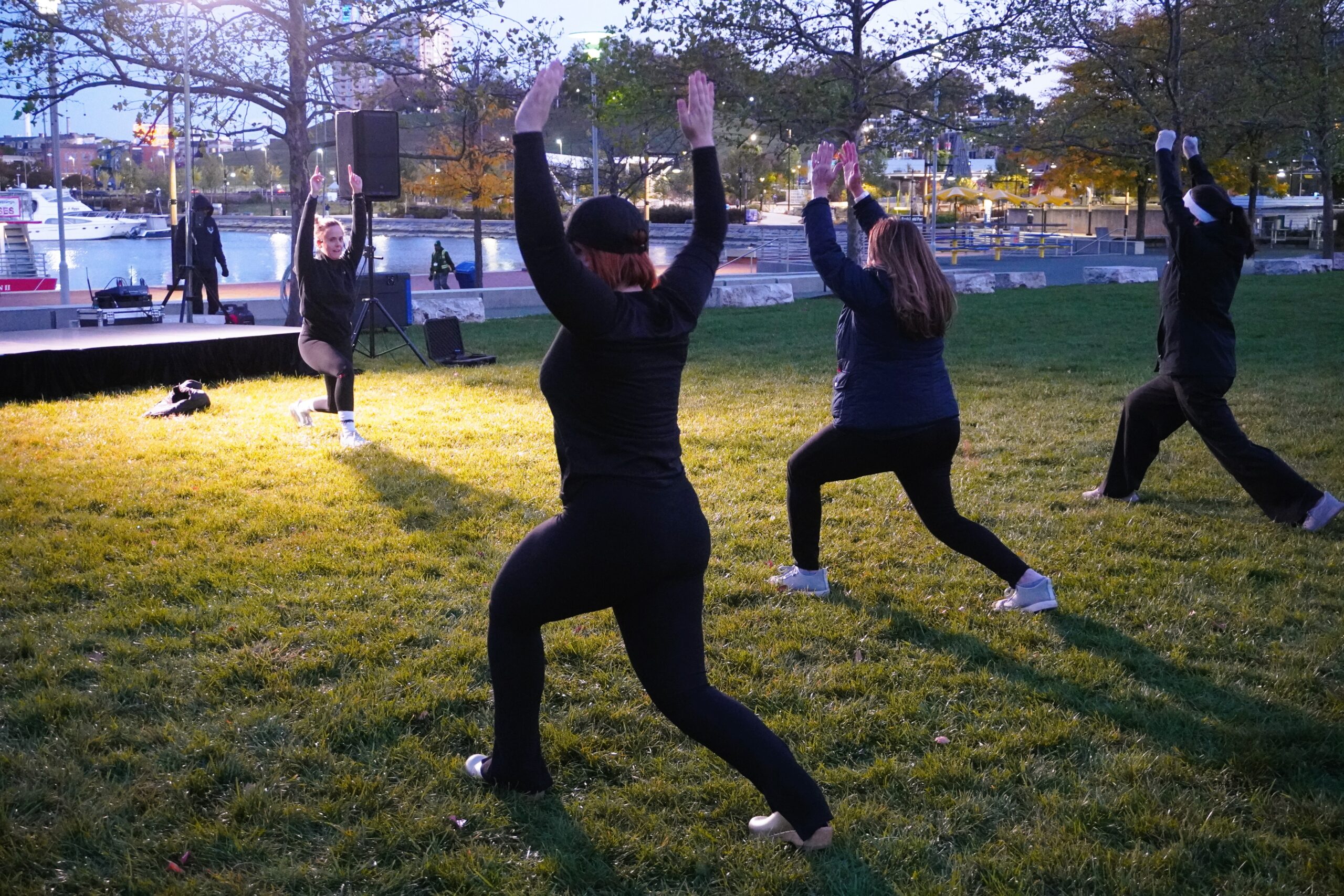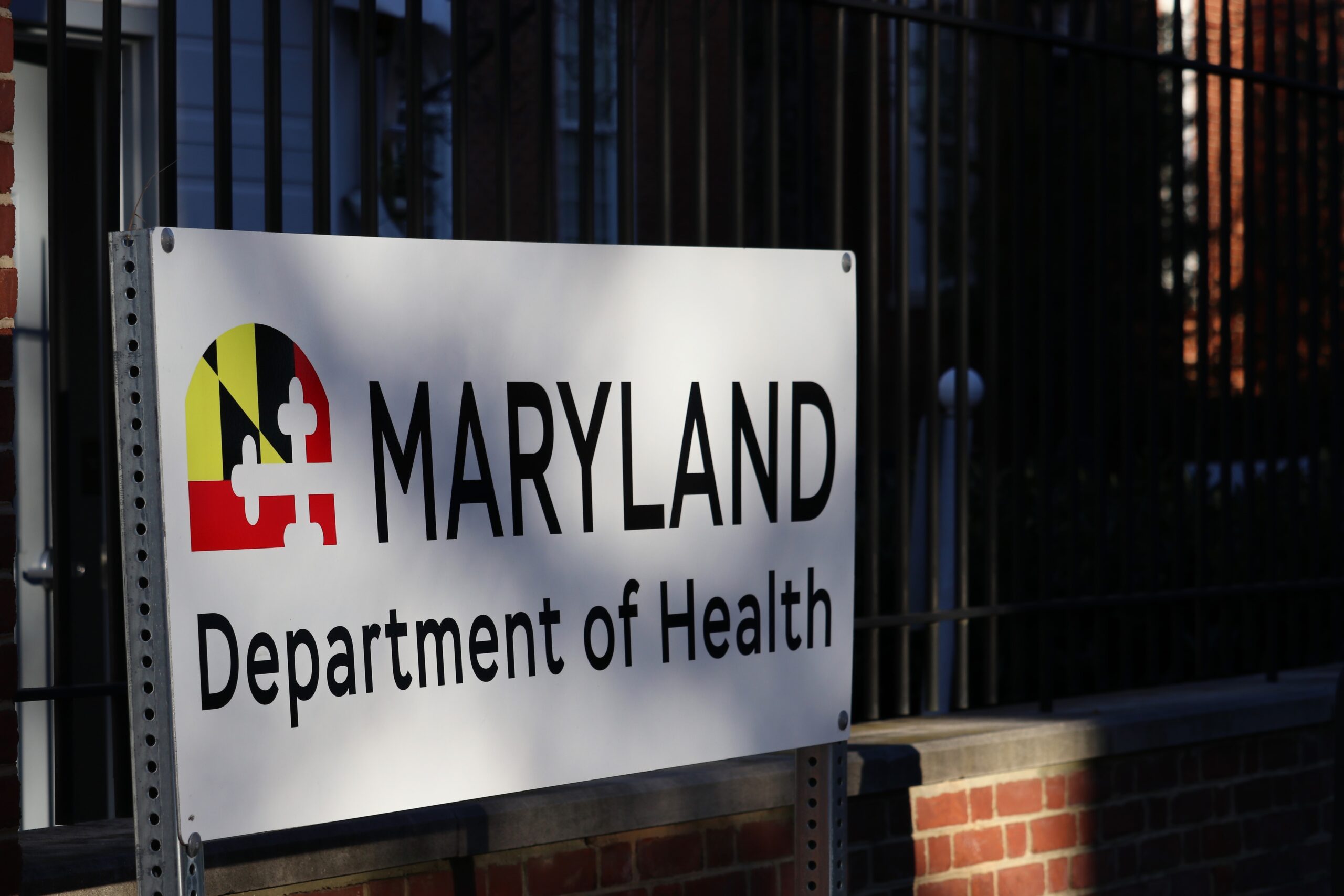Opinion: Missing in Wage Debate Is Bill’s Impact on People With Developmental Disabilities

While there has been widespread media coverage and political exuberance about the expected passage of the Fight for $15 bill to increase the minimum wage, a critical issue has largely been ignored by the media, and that is the impact of the legislation on Marylanders with developmental disabilities.
There are over 96,000 Marylanders with intellectual and developmental disabilities such as autism, Down syndrome, cerebral palsy, and other intellectual and developmental disabilities. Currently 25,000 of them rely on services provided by largely non-profit providers in every community in the state.
Another 4,800 are on a waiting list for services kept by the Maryland Developmental Disabilities Administration, and annually an additional 600 to 700 youth with developmental disabilities exit the school system in need of adult services.
All of these Marylanders are either waiting for, or are relying on, services that are funded with state and federal Medicaid dollars. Those dollars in turn pay for an array of important services and supports; many of which are provided by historically low-wage workers – our direct support professionals.
The work of direct support professionals, while rewarding, can also be quite challenging.
Staff must meet training requirements set by the state, pass criminal background checks, and be able to work independently in the community helping people with developmental disabilities to live, learn and work. Unlike staff working in many other Medicaid-funded home and community-based settings, a direct support professional must be a “jack/jill of all trades,” able to successfully master a variety of skills, including managing health and medications, supporting people with behavioral issues that can jeopardize the person’s or public’s safety, providing personal care, helping people get and keep jobs, helping people manage their insurance and other benefits, assisting people with their finances, teaching meal preparation and nutrition, and helping people build friend and family relationships and deal with sexuality, while also ensuring that people’s homes are safe and clean.
It is hard to think of any other job that requires such a complexity of knowledge, skills and responsibilities, while paying so little.
Unfortunately, state funding for developmental disability services has not been prioritized over the years and as a result, it has not kept pace with the minimum wage. Decades of insufficient funding combined with unfunded mandates have eroded the ability of community providers to pay a decent wage for this critically important work. The starting wage for direct support professionals now hovers just above the minimum wage for many working in the profession.
There are a few additional facts that distinguish developmental disability services from other Medicaid provider groups. While approximately 75 percent of our staff earn less than $15 per hour, other groups report a much lower portion of their staff earning at the same level. Another difference is that developmental disability providers are almost completely funded through state and federal Medicaid dollars, and there is virtually no “private pay” side to offset financial losses under Medicaid rates set by the state.
The federal government does not allow providers to pass along additional costs to recipients of Medicaid services. All of this results in developmental disability services being completely dependent on funding levels set by the state in order to provide supports and services.
In 1981, the federal government realized the wisdom of allowing the use of federal Medicaid dollars to support people with disabilities in community-based settings, rather than in more costly hospitals, nursing homes and institutions. This began the transformation of services and outcomes for people with developmental disabilities with a recognition of each person’s right to be in and of their communities.
As a result of this movement, expenses for state and federal government funders were reduced, while the health and quality of life of people who rely on these services was increased. This was a rare win-win outcome in the making of public policy.
Now, all of that progress is in jeopardy in Maryland.
The House of Delegates cut the funding for developmental disability services tied to the increases in the minimum wage. Thankfully, the Senate restored a significant portion of the funding needed for community developmental disability services to continue to operate. But as the final decisions are made by a conference committee and the presiding officers, it seems that the exuberance to pass the Fight for $15 legislation, combined with other costly spending priorities, may result in disaster for tens of thousands of our most vulnerable citizens, their families and the direct support professional workforce.
Our organizations have supported the Fight for $15 legislation because we believe that Marylanders should be able to earn enough to support themselves and their families. But passage of the bill should not put citizens with developmental disabilities at risk of dire consequences, and it doesn’t have to.
Leaders of the General Assembly can, and should, make sure that we don’t look back on passage of the Fight for $15 bill as the beginning of the end of community services for people with intellectual and developmental disabilities.
Any reduction in funding from the Senate position will result in an even greater crisis in our direct support workforce, who can already earn more in most big-box retailers with far less stress and responsibility.
Without adequate funding to keep pace with the increases in the minimum wage, it is difficult to see how community services for people with developmental disabilities will continue in Maryland. Unlike many other employers, an inadequate workforce for developmental disability services has high potential for life and death consequences.
We pray that it will not come to that.
–Laura Howell and Ande Kolp
The writers are, respectively, the executive director of the Maryland Association of Community Services and executive director of The Arc Maryland. They can be reached at [email protected] and [email protected].
Did someone forward this to you?
Get your own daily morning news roundup in your inbox. Free. Sign up here.




 Creative Commons Attribution
Creative Commons Attribution